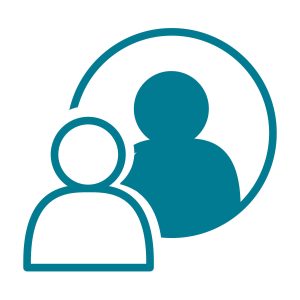Being a reflector: Criteria and competency statements
REFLECTOR (RF) competency

Innovative faculty are REFLECTORS.
In their work they will invest time in thinking about their teaching practice. Faculty will explore aspects of their teaching and plan for productive and transformative change. In this work, they prioritize evaluating the changes they have enacted to continually develop and grow their practice. They will also share their successes and failures to help peers. Faculty who are developing competence in their role as reflectors may do the following kinds of things.
Reflection is essential for growth in contemporary teaching and learning.
Georgian peers helped identify the key criteria associated with the REFLECTION role and work of faculty.
Key criteria:
|feedback gatherer| analyzer| reviser| action taker|
Innovative Georgian College faculty are actively engaged in a reflective process. They recognize the importance of considering what they did, how it went, and how it might be improved upon in order to offer the best learning opportunities to their students.
Watch Faculty are reflectors.
Exemplar performance descriptors and competency statements
Faculty who are REFLECTORS at an EMERGING level (RF-E) might do the following:
- Recognize the importance of feedback for a growth mindset.
- Consider ways to practice reflection.
- Identify areas for growing teaching practice.
- Understand the value of iteration (trying again) in teaching practice.
Faculty who are REFLECTORS at a PERFORMING level (RF-P) might do the following:
- Collect feedback about teaching practice as part of an ongoing cycle of reflection.
- Analyze feedback to set intentions and make changes.
- Prioritize and make changes in teaching practice.
- Intentionally incorporate reflection into their teaching practice.
Faculty who are REFLECTORS at a TRANSFORMING level (RF-T) might do the following:
- Help others see value in gathering feedback to transform teaching practice.
- Support peers in developing a system of reflective and analytical practice.
- Share stories of growth in teaching practice to support others in transforming their practice.
- Model the circular process of gathering feedback, analyzing it, revising and acting on it.
Please note that these descriptors are not exhaustive. Faculty demonstrate this competency in numerous ways, all of which are key to innovative teaching. Please share your exemplars as you describe how you are emerging, performing, or transforming the teaching and learning ecosystem.


